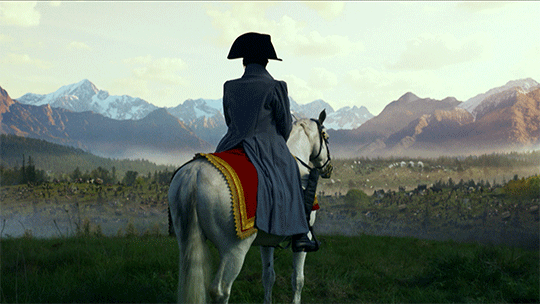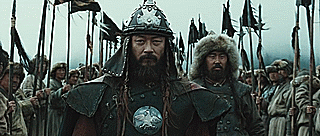Strategic Leadership Analysis
Napoleon archetypes integrate intelligence, logistics, and timing into elegant operations. You master the details others ignore, reposition resources in hours, and expect excellence from every unit. When others see chaos, you see routes to victory.
Strengths
- Translates complex data into decisive operational plans
- Keeps teams aligned through clear roles and feedback loops
- Builds elite units with relentless training standards
- Balances bold strategy with rigorous contingency planning
- Stays calm under pressure and redirects resources fast
Pressure Points
- Can micromanage and exhaust top performers
- Struggles to switch off or widen perspective
- May discount intuition and soft signals
- Perceived as rigid when plans require flexibility
- Needs trusted challengers who can question assumptions
Relationship Operating System
You respect partners who bring nuance while honoring the plan. Emotional check-ins prevent the mission from eroding connection.
Deployment Zones
Operations leadership, crisis command, management consulting, program management offices, systems architecture
Leadership Lessons to Apply Today
Invite strategic dissent early. Schedule unstructured thinking time and build bench strength so you can step back without collapse.



